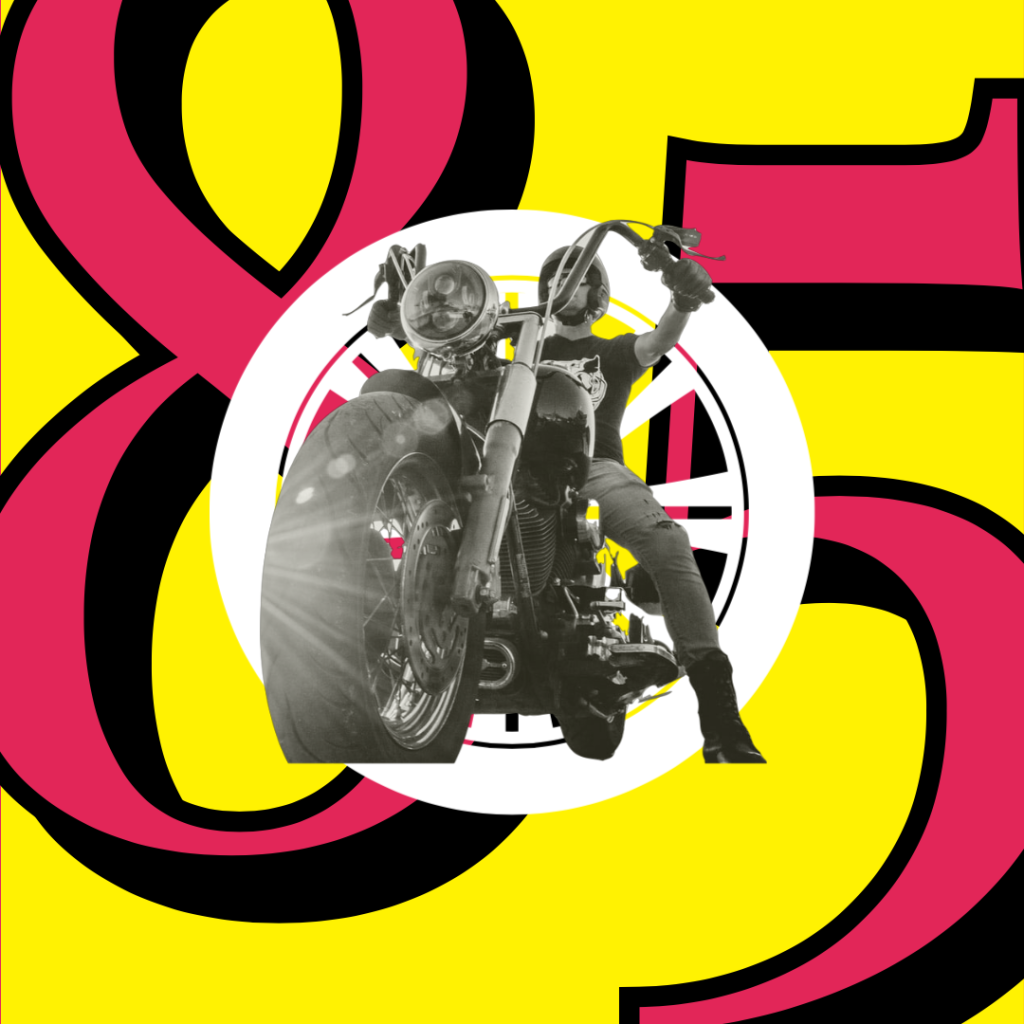I’ve recently started reading Timothy Denevi’s Freak Kingdom: Hunter S. Thompson’s Manic Ten-Year Crusade Against American Fascism. Denevi is a familiar face at all the literary events in D.C. I’ve been missing since February, like Little Salon and The Inner Loop. So reading his book — which has been in my to-read pile since its release in 2018 — is something of a substitute for those missing gatherings.
Thompson is a writer who I have long avoided for reasons that have nothing to do with the words he put on the page. In my early twenties, I read many of the booze- and drug-fueled poets and novelists who make cameos in the first chapters of Freak Kingdom, but I didn’t yet see nonfiction and journalism as art on the same level. This despite the nonfiction zine-art I was creating in those same years. Later, I knew Thompson as the Important Writer at Rolling Stone. But I took music more seriously than writing at the time, and Rolling Stone was the magazine that put pop and classic rock stars on its cover instead of the more adventurous emerging musicians I found reading SPIN or NME in the aisles of Minneapolis record stores (avoiding spending my precious music money on magazines).
But there is no more perfect time to get to know the real Thompson than amid this project on writing and the anxieties of the 2020 election. As Denevi makes clear, Thompson was concerned about the rise of authoritarianism in America from the start. And he wanted to write well-researched journalistic stories using the tools of a fiction writer.
Thompson covered the 1964 Republican national convention, witnessing Nixon speak at Barry Goldwater’s coronation, and seeing the raving crowd shout down Nelson Rockefeller. As a stringer for National Observer he had no freedom to do the style of writing and reporting he was interested in, but could see a path to it in the work of Norman Mailer and Joan Didion.
On Saturday, I wrote about nonfiction and said that this series was turning in to a memoir of personal and electoral anxiety. Thompson’s collected works might be called the same thing. He became a character in his own reporting — contrary to the conventionally distanced approach of journalists.
Thompson’s breakout opportunity was an assignment on the Hell’s Angels. As part of earning the trust of the motorcycle gang, to convince them he would tell a more complex and honest story than reporters had told in the past, he had a half-dozen members over to his tiny apartment after bar close to talk until sunrise. His wife Sandy and their young child slept (or tried to) in the bedroom nearby.
There are many ways to tell a story based on actual events. In the past few years, I’ve been reading with fascination the prominent authors of new autofiction, including Sheila Heti and Karl Ove Knausgård. Somewhere between novel and memoir, autofiction generally follows a first-person narrator with the same name, relationships, background, and publishing history as the author. Unlike Thompson, these stories are crafted largely from memories of the past rather than original reporting and new relationships forged while getting closer to sources. Their goals are introspective rather than persuasive or informative. The titles alone tell you as much: How Should a Person Be? (Heti), My Struggle (Knausgård).
How much original reporting will I do for this series? How much will be more of the memory-mining I’ve done so far? Probably a lot more of the latter. Trump himself lives just a 30-minute stroll down Vermont Avenue from my quarantine bubble. Somehow I don’t think he’ll make the walk over with his gang of bullies to talk until dawn in my studio before this countdown reaches zero. But maybe I’ll see Tim by then.

